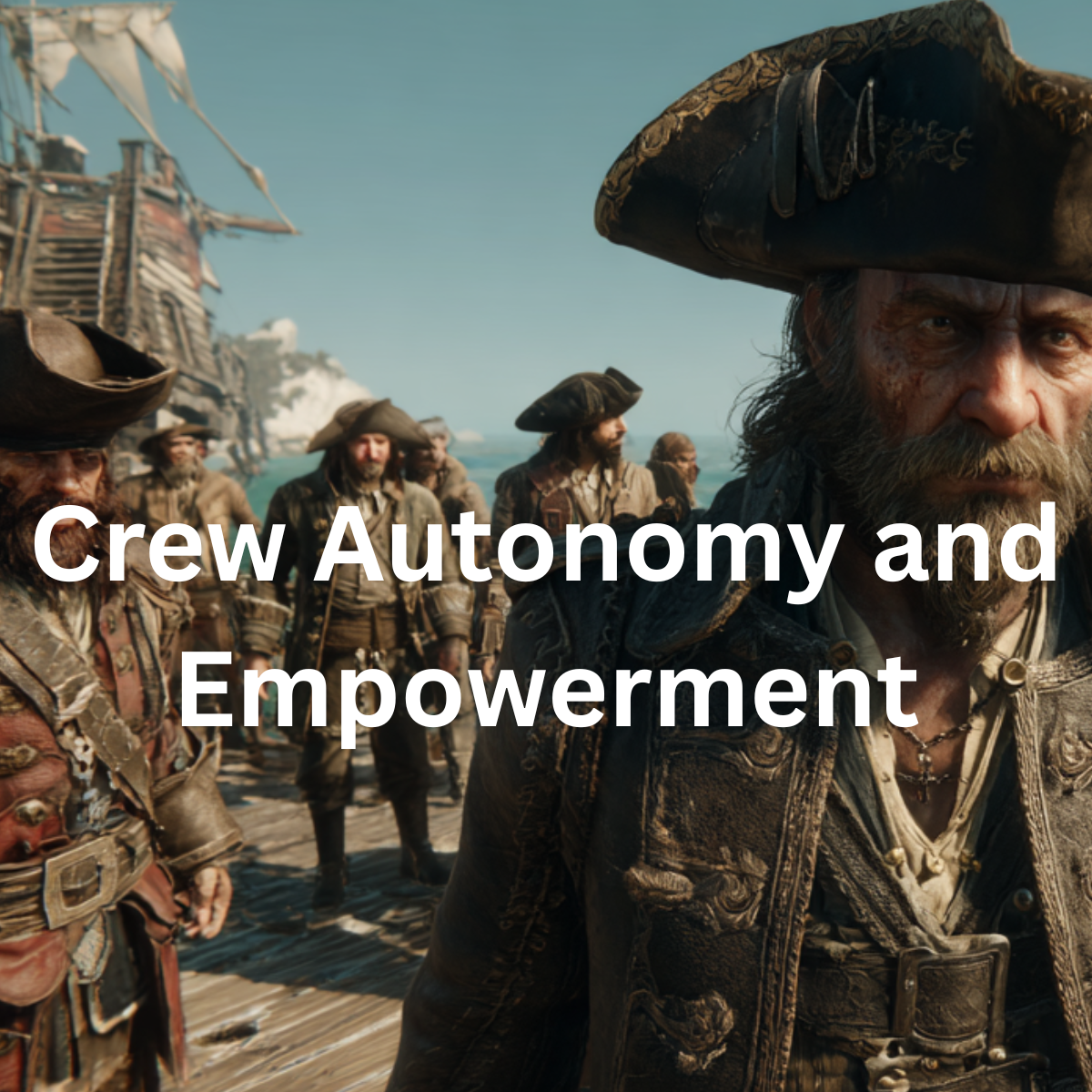
In Roman era politics, the Centurion was a military leader that had quite a bit of prestige. Military conquest was perhaps the single most visible accomplishment in Roman society and the leadership in Rome treated the compact with a Centurion to be almost sacrosanct. A commission could be awarded to a person as a Centurion for a variety of reasons, but the most often was acts of heroism and bravery in a campaign. The Centurion was the leader of a group of Roman Soldiers, consisting of 80 to 100 men. The idea was that a group of this size could be tactical, swift, and a disruptive force in any military campaign.
Centurions would receive significant prestige in Roman society. From large standing ovations (this is where this comes from btw) to significant parades in their honor. The well decorated Centurion enjoyed a place in civil society that was rivaled by very few. If you can think of a salty chief warrant officer in the Marine Corps, you might come close to what the Centurion was like. They had a commission, sometimes directly from the emperor himself, and despite rank and custom in the Roman military machine could probably get away with anything. From their perspective the hierarchical structure was very flat, their mission was well defined, their commitment to Rome undeniable and the risks they took on the battle field legendary.
The role of the Centurion has a lot to do with the success of Roman expansion. Legendary for their bureaucracy, the Romans just would not tolerate inefficiency on the battle field or in conquest. Where the Senate would battle through treatise, land rights, and various other political squabbles; the Roman military would be swift, efficient and effective at dominating most of the known world for over 1000 years. The Roman Centurion had a mandate, a compact if you will, with society that was very clear, well understood and based on system of rewards and punishments. Taking a commission as a Centurion was a serious calling, one that would most likely claim your life and required every ounce of determination to be successful. They were absolutely required to respond to volatility, changing circumstances, and insurmountable difficulties.
It is the spirit of the Centurion ethic that got me thinking about my ability to adapt to change, overcome obstacles and achieve the mission at all costs. I am contemplating why is it that some people adopt to change easily and others do not? Why is it that some companies, for example, survive tough times and others just cannot seem to respond fast enough? It was this thought that led me to a Google search that came across an interesting discovery regarding the Philips Corporation in the 90s. I did some reading from the Harvard Business Review and a few Dutch publications regarding the revival of Philips in the late 90s. This reading helped me to understand why and how people are able to respond to and implement change. This gave me some tremendous insight into how I react to change and got me thinking about how I can be more deliberate in my approach with myself and others.
Philips in the late 80s and early 90s was a large multinational Dutch based electronics company. The company is still around today, and is a bit of a stable in modern consumer electronics. I do not think you realize just how many things are produced, manufactured and invented by this company. The company started producing carbon filament lamps in 1891. The company has been involved in just about everything of a technical nature. Radios, vacuum tubes, electronic razors (that men shave with), television sets and even became quite successful at producing and distributing music, records, cassettes, an everything associated. They would evolve into a company that would produce semiconductors (NXP) and now a significant focus on healthcare components. However, we will pick up the story in the early 90s. At this time, Philips has a significant production line of consumer electronics surrounding CD, CD-R, CD-RW, and DVD. Upcoming is BlueRay (which you will probably still remember). You might even remember the brief entry of the LaserDisc, also a Philips trademark. During this time period, I think the only profitable line of business that they had was their lighting division.
They had many Presidents come and go. A few of them were quite dynamic personalities, and successful leaders. One of which was Van der Klugt who came on board in order to help transform the Philips company. He was a known leader internationally within the company. He became an advocate for shrinking the bureaucracy of the company and modernizing their systems. He even used to say things like, “systems matter, not speeches.” He was an massive advocate for change and had little tolerance for people that resisted. He pushed an agenda of global transformation, a focus on quality, driving innovation and keeping a client focused agenda. He reduced the size of the board, created clean lines on product divisions and reduced the size of the company by about 10,000 employees. He was a student of some great business theory, and brought in the right consultants. He started in 1986 and in 1990 he was starting to promise record profits to shareholders. However, his highly nuanced and focus on organizational structure never made a meaningful impact and the company did not respond. His changes never made the transformation quite get where he wanted and just a few short months after his triumphal announcement to shareholders, the company started to post billions in losses and he was forced to resign.
By what might be considered a bit of a coup, Jan Timmer took over in 1990. He was successful in restructuring the music division, and went on to completely turn the consumer electronics group upside down. People began to call him names. The butcher, the hangman, and the hurricane. All sorts of fun rumours spread about him. As you can imagine, there was a reluctance to have him take over the helm of the company. I will not get into the all the details, but it took a while for Timmer to figure out what was going on within the behemoth of a company. However, 1991 was on the horizon and the company would be 100 years old. That was when he brought a bunch of leadership into Ruwenberg to prepare for the new century. The new project and conference was code named, Centurion. People liked the label, the idea that they would all be Centurions was kind of fun, but they were not quite ready for what Timmer would unleash on them.
I wish I was there. A complete restructuring of the company would be the result but his speech to this team was one of fire and passion from what I have read. One of the participants was quoted to have said:
You are shocked and cannot run away. We were locked up in De Ruwenberg and when Timmer spoke you could not walk out to make a phone call. We were seated for hours in an arena-shaped room, while that man explained, with words hurting as whiplashes, what was wrong with the organisation. I left with the tail between my legs; the atmosphere was that of a funeral. (see reference below).
The results of the launch of Operation Centurion were nothing short of miraculous. Timmer convinced the team, through a series of presentations, that Philips was heading to destruction. He then forced the team to plan, right then and there the layoffs of 45,000 people. His message came through alright, everyone was in complete shock. The Philips company would not only recover, but go on to lead in many areas. Where Sony was destroying them before, they were now a serious competitor.
The interesting thing was not that Timmer was just a completely different leader, and very direct and very engaged in the day to day of the business. He implemented basically the same over reaching concepts that his predecessors did. He just had a lot greater impact on implementing change. He was able to get people to actually make a change, whereas the other leaders were not. Why?
I believe the answer is in what I am going to refer to as the Centurion Compact. Timmer absolutely played on the concept that this group of leaders were going to be the ones that implemented the change that was needed. He required each leader to personally commit to the change. Their total commitment was not only required, they had to sign it and he kept a copy and mailed them one as a reminder. Many change management consultants now refer to this concept of mutual commitments as a personal compact. One in which implies a personal relationship between the leader and the team.
The reason that change does not happen, the real reason at any rate, is because the people required to make the change have not made a personal commitment. When a personal ambition is not inline with the need for change, then change will always be blocked. Alignment between what the company’s leadership wants and the employee’s personal commitment is absolutely necessary for the change to actually happen. In Timmer’s situation, he by shear will, shocked the leadership and insisted that they come to grips with the personal transition that would have to occur to meet the new requirements of the transformation. If your management walks away from a meeting with out revising their personal commitment, then they will continue as normal without really implementing real change.
They will continue to operate by the “real rules,” the “hidden culture” the “way things have always been.” This Centurion Compact instituted by Timmer is a great example of what type of relationship is required to really get people to make the commitment to change. If you want people to take on the responsibility for leading a portion of the organization, own the requirements for change, and be willing to put their very lives on the line to make it happen then you may want to consider this Centurion spirit.
I always take a look at this type of information on a very personal level. I like to look at my own behavior and determine how I might be able to adjust my life accordingly. I struggle with making change sometimes, and certainly getting others to embrace change. I wonder why certain leaders are able to make things happen and others stand around perplexed about why their people are not doing what they ask. I like this Centurion concept, I like the symbolism as well. The agility, and aggressiveness of a Roman military leader inspires me to consider ways in which I might rally a team to support me in a similar manner. Or perhaps, look for and find Centurion qualities in the leaders that I work for.
Above all, next time I ask, or am asked by someone to make a change, I am going to remember this concept of a Centurion Compact. Am I willing to take this change and make a very real and personal commitment to it? If not, am I bold enough to tell my leader so and why? When I ask someone to make a change for me, am I willing to put the required effort in to inspire, encourage and insist that people accept that change as their own personal commitment?
Time for a Centurion Compact!
Guy Reams



